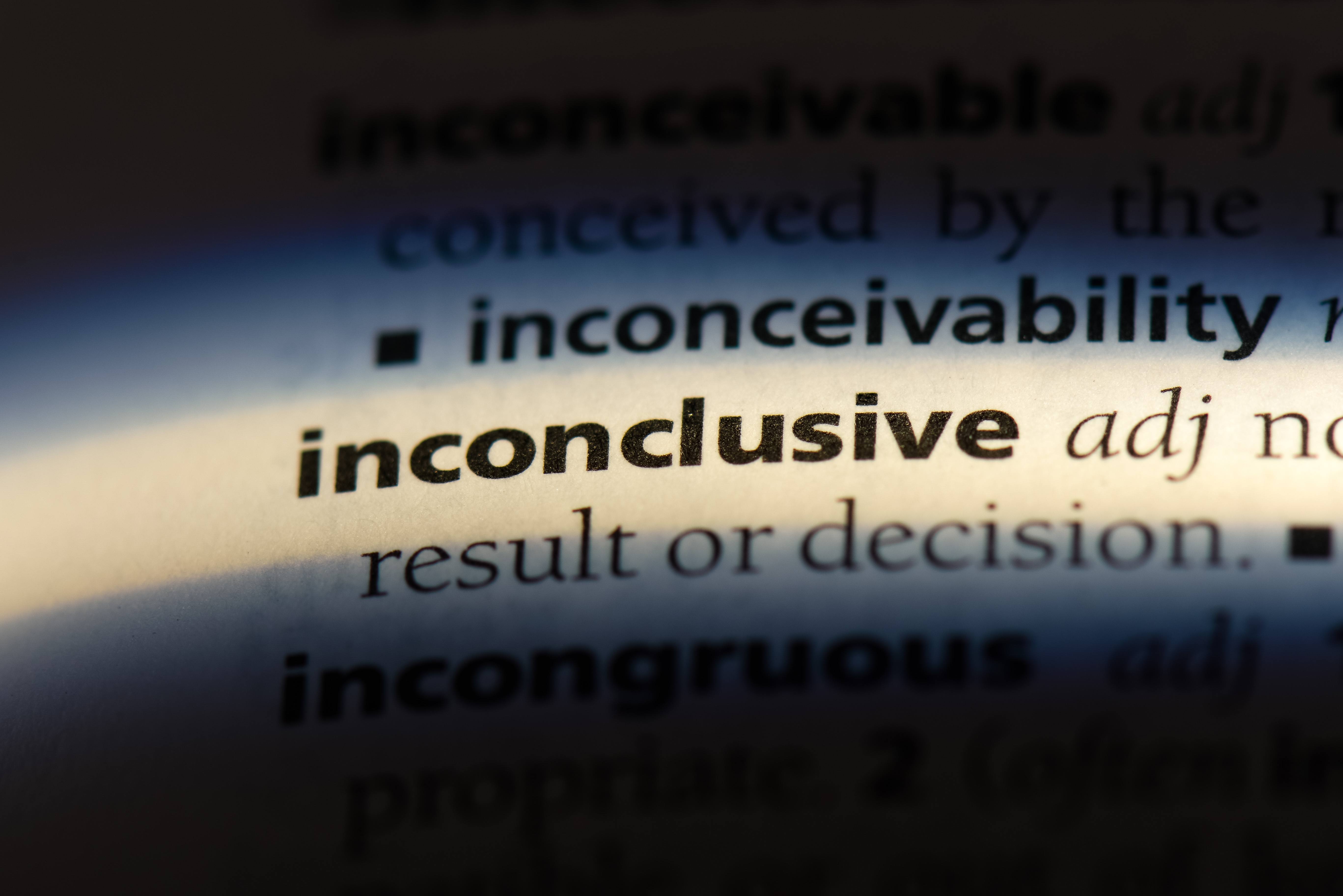
A study conducted by Dr. Robin Carhart-Harris and colleagues at the Centre for Psychedelic Research at Imperial College London, and recently published in the prestigious New England Journal of Medicine,1 is the most rigorous assessment of psilocybin-assisted therapy for treating depression to date, but ultimately produced results that are challenging to interpret.
The trial was a Phase II, double-blind, randomized controlled trial that aimed to assess the efficacy and mechanisms of psilocybin-assisted therapy compared with escitalopram (also known as Lexapro or Cipralex), a leading selective serotonin reuptake inhibitor (SSRI) antidepressant, in combination with psychotherapy.
When there is no significant difference between groups on the primary outcome measure, typically a trial is considered negative, and the secondary outcomes are considered exploratory. However, in this case, where the trial was likely too small to detect psilocybin’s potential superior treatment effects, it is appropriate to describe the findings as inconclusive, rather than negative for psilocybin.2 Despite the positive findings in favor of psilocybin with the secondary outcomes, they were not pre-registered and lacked necessary statistical adjustments, so limited conclusions can be drawn from them.
The study was not designed to test whether psilocybin is equivalent to escitalopram. But given that this was a relatively small Phase II trial, these results also do not mean that psilocybin is not in fact an equivalent or even superior antidepressant as anticipated, simply that further research is required.